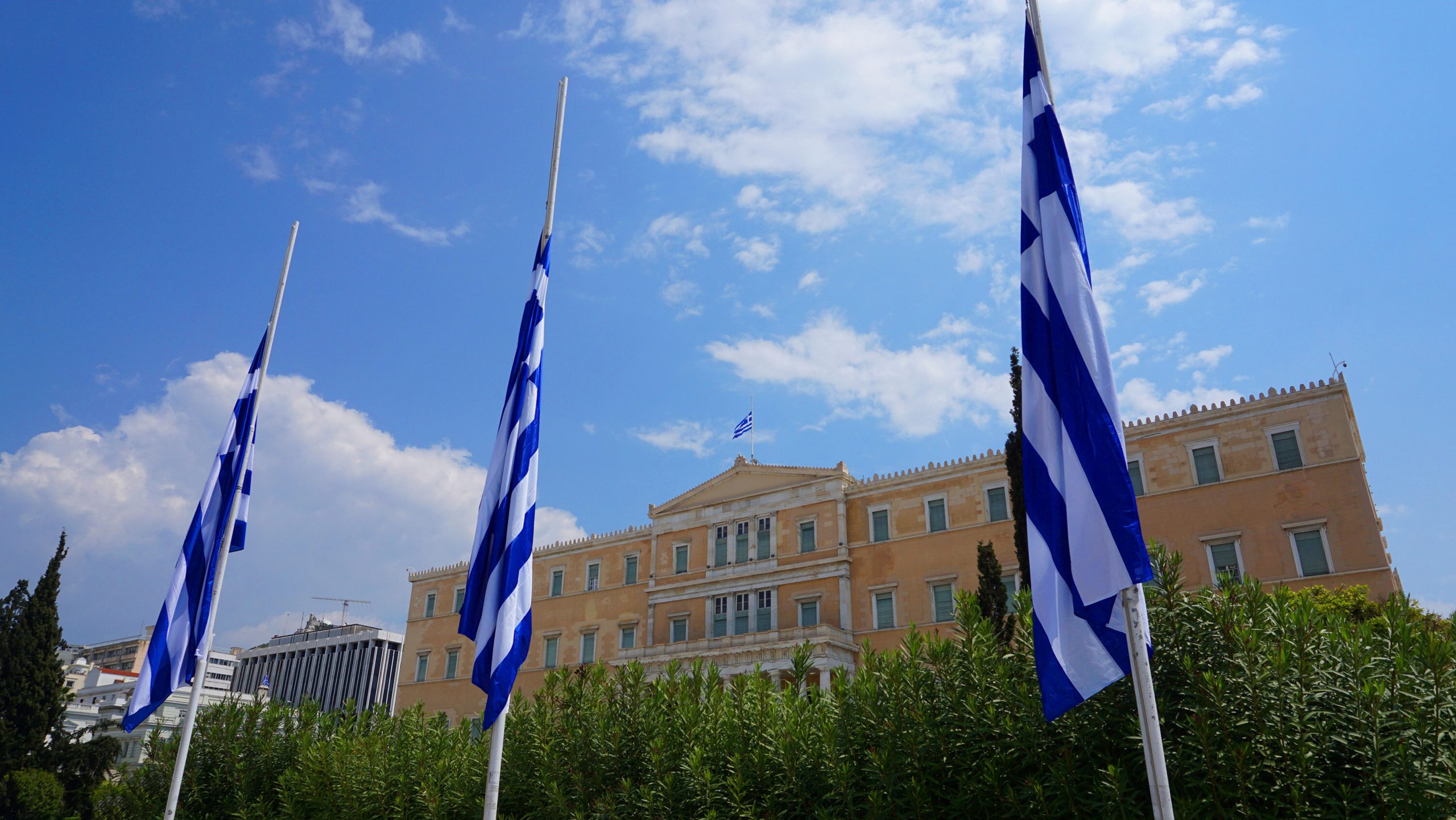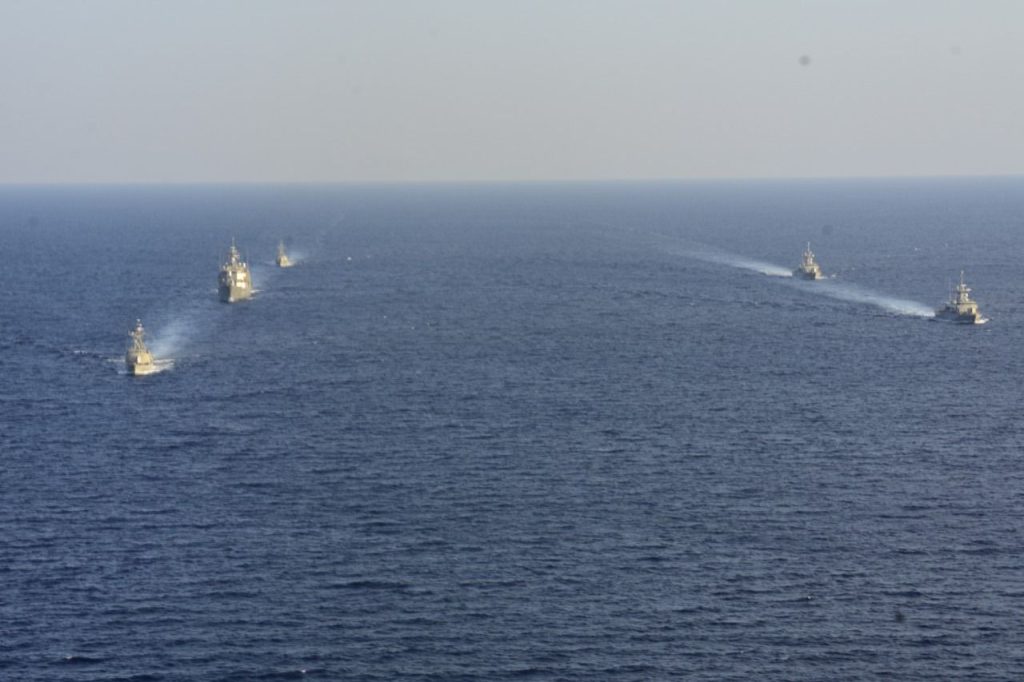All the polls from the last few days point in the same direction.
- A slight improvement in the government’s numbers in first place.
- “Plefsi Eleftherias” improving its showing in second place.
- An ongoing fall in support for PASOK, though its position as third party doesn’t seem under threat.
Everyone else is bringing up the rear, without any notable changes apart from a surge from Konstantopoulou. Her support has risen by 12-13 percentage points in just a few months.
So the scene has little in the way of change to show us. But it does have some lessons to teach.
One of the fundamental rules American advertisers learn to live by is “tell your story, because if you don’t, someone else will. And you can’t be sure you’ll like what you hear…”.
The Greek government staying silent on Tempe these last two years breaks this communicational rule. The Mitsotakis administration has ceded the public discourse to anyone and everyone with an ax to grind.
And we know the result of that. A feeling that there’s been a “cover-up”, that “justice will shed light on the rest” has taken root, unimpeded and uncontradicted, in public opinion. In days gone by…
that was the best way to get the people demonstrating in the streets and the government plummeting into the abyss.
Having both taken a knock to their reputations, the government and the judiciary attempted, belatedly, to rebut the monologue.
Needless to say, it neither changed the climate nor swayed opinions. We’ll have to wait and see what happens next.
But at least it’s ended a monologue that had become stifling, as well as a conduit for all manner of conspiracy theories, both possible and lunatic fringe, to enter the public sphere.
Obviously, it would be even better if the government could implement some operational improvements that would rule such dysfunctionality out.
Because the optics are bad: Greece hasn’t come out of this smelling of roses, and the report by the National Organization for the Investigation of Air and Rail Accidents and Transport Safety, which starts out as a hymn of praise then elaborated on unproven hypotheses, certainly hasn’t helped.
Nor, a full two years after the tragedy, are there any valid excuses for the state still lacking a clear and accurate picture of the events that led up to an accident that cost 57 lives.
And what reasonable person could accept the absence of meaningful measures to improve rail safety in the aftermath of an accident of this sort.
The government has paid dearly for its inaction and inertia, and it will continue to do so.
Mitsotakis et al may have learned from their mistakes, but they have most definitely paid for them.



